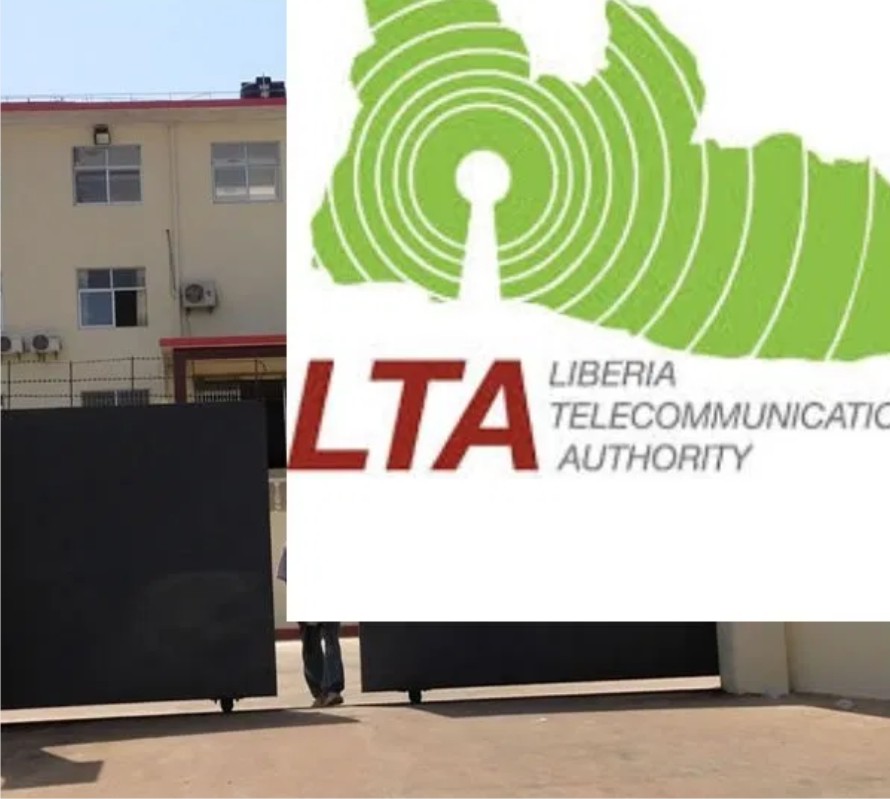On October 23, 2024, the SATZ Group of Companies filed a formal complaint against the Liberia Telecommunications Authority (LTA) regarding irregularities in the bidding process for the Cybersecurity Framework Development, Awareness, and Orientation project (IFB No. LTA/REOI/002/2024). This complaint signals deeper concerns about the integrity of public procurement processes in Liberia, with SATZ highlighting serious discrepancies in the evaluation processes that led to their unexpected elimination from the bidding. The company has also reached out to multiple agencies, including the Liberia Anti-Corruption Commission (LACC), the Center for Transparency and Accountability (CENTAL), and the Public Procurement and Concession Commission (PPCC), urging them to investigate these irregularities and enforce accountability in accordance with the Public Procurement and Concessions Act of 2010.
The SATZ Group claims to have met all specified requirements in both the Request for Expression of Interest (REOI) and Request for Proposal (RFP). However, they were eliminated from the bidding process on grounds of alleged technical non-compliance with a previous response from the LTA, a decision the company disputes. SATZ has described the manner of their rejection as having taken place under “questionable circumstances,” emphasizing significant inconsistencies in the evaluation and qualification stages. The complaint lists numerous irregularities including unfair evaluations, unjustified proposal rejections, misrepresentations in CV submissions, and a general lack of transparency, all pointing toward potential misconduct in the procurement process.
As part of their efforts to address these concerns, Mr. Aloysius S. Zayzay, Founder and CEO of SATZ Group, has underscored the crucial need for upholding high standards of fairness and transparency in public procurement in Liberia. He has articulated a commitment to ensuring that these practices conform to legal standards and ethical considerations, reflecting an industry need for integrity in government contracting. It seems that the implications of this situation extend beyond just the SATZ Group; they could influence broader perceptions of public procurement and governance in Liberia.
In a recent engagement between SATZ Group and the LTA’s Acting Chairperson and Procurement Team members, SATZ requested the disclosure of the name of the winning bidder—a request that was denied, further exacerbating their concerns regarding the transparency of the process. The lack of disclosure around the successful bidder not only raises suspicions about the fairness of the evaluation process but also fosters an environment where doubts about the legitimacy of public procurement procedures can thrive. Consequently, this situation calls for robust mechanisms to promote transparency and accountability in government contracting activities.
In their concluding remarks, SATZ Group has expressed a desire for timely feedback from the authorities they have approached regarding their complaint. They have been waiting for a response to a request for additional information, submitted over a week earlier, which suggests a tension between the firm’s expectations for accountability and the current operational practices of the LTA and associated agencies. This ongoing situation underscores a crucial discourse about the legality and ethics within the realm of public procurement in Liberia, suggesting an urgent need for reforms to strengthen oversight systems.
As the situation unfolds, the emphasis on transparency and accountability within the public procurement framework remains a pivotal topic for the stakeholders involved, including SATZ Group, government authorities, and the general public. The allegations and subsequent calls for investigation highlight an essential need for reform in Liberia’s telecommunications procurement processes, potentially shaping the future landscape of corporate participation in government contracts. As entities like SATZ advocate for fairness and adherence to established regulations, the outcomes of these complaints could have broader implications for government trust and the investment climate in Liberia’s burgeoning telecommunications sector.


